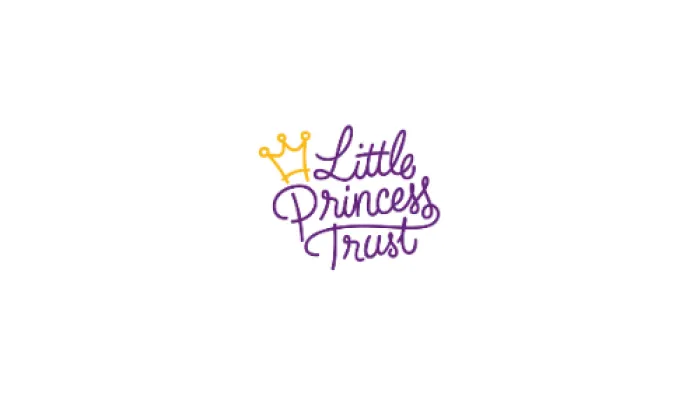Funded by the Little Princess Trust and administered by CCLG
Lead investigator: Dr Lucia Cottone, University College London
Award: £199,905.55
Awarded March 2025
The challenge
Chemotherapy is used to treat patients with osteosarcoma, the most common bone cancer affecting teenagers and young adults. Nearly half of the treated patients find that their cancer has a ‘poor’ response to this toxic treatment. This contributes significantly to the likelihood of their cancer growing back and makes their prognosis worse. We don’t fully know why chemotherapy is only successful for some patients, making this an urgent research question.
Research shows that small groups of cancer cells can survive chemotherapy by becoming temporarily ‘tolerant’ to drugs. For example, cells can tolerate different chemotherapies by altering which nutrients they use or how they replicate. These drug-tolerant states can change rapidly over time, especially during treatment, and so are difficult to measure.
The research
Dr Lucia Cottone and her team at University College London want to understand more about the changes in osteosarcoma cells with chemotherapy. The team will populate 3D models of human bones with osteosarcoma cells from real patients to mimic the conditions bone cancer cells face inside the body. This is important because the cell behaviours controlling chemo-resistance are linked to the cancer cell’s environment, such as neighbouring cells and tissues.
The team will use an exciting new technology called ‘lineage tracing’ that has not been used before in osteosarcoma. It tracks how individual cancer cells evolve and change, which will allow the researchers to learn more about individual cells before, during, and after chemotherapy.
The impact
By coupling the new 3D bone devices with lineage tracing, the researchers aim to understand how osteosarcoma cells switch between different survival strategies in an experimental setting. The information obtained in this study can eventually be used to design biomarkers that can identify which patients have chemo-resistant cancer.
By understanding how tolerance evolves in individual cells, Dr Cottone hopes to one day develop ways of stopping chemotherapy resistance. This could improve treatments and outcomes for patients with osteosarcoma.

The Little Princess Trust
This project was funded by The Little Princess Trust. They fund research projects in partnership with CCLG, combining CCLG's research funding and grant management expertise with The Little Princess Trust's fantastic fundraising to support world-class scientific research.

